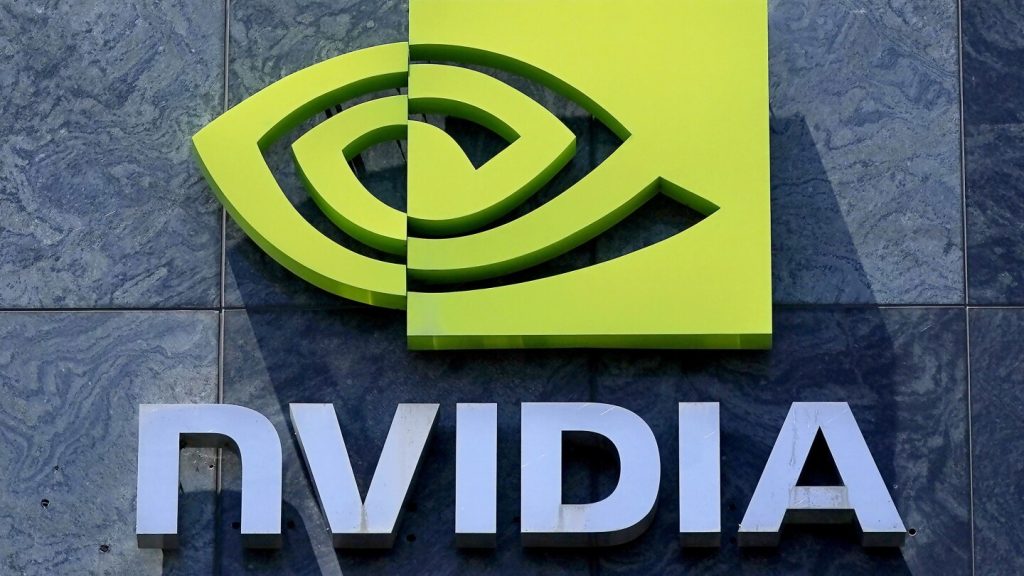Nvidia shares rebounded on Tuesday after a three-day skid that wiped over $400 billion in market value. The company had recently overtaken Microsoft as the most valuable public company on Wall Street but saw a 13% drop in three days, marking its worst stretch since 2022. The massive size of Nvidia means its stock movements have a significant impact on indexes like the S&P 500. Despite the recent drop, Nvidia’s stock had climbed over 1,000% since 2022, making a 13% decline seem minor in comparison.
The demand for Nvidia’s chips in powering artificial intelligence applications has driven the company’s success in the stock market, even as the economy slows under high interest rates. However, concerns about a possible stock market bubble and overly high investor expectations have been raised due to the rapid pace of the AI boom. Derren Nathan from Hargreaves Lansdown noted that while Nvidia’s stock has declined, it has still gained 190% over the past 12 months, prompting some investors to take profits. He also suggested that the wider market has not been greatly affected by Nvidia’s recent movements, showing a mix of less extreme changes for the rest of the Magnificent 7 stocks.
The Magnificent 7, which includes companies like Alphabet, Amazon, Apple, Meta Platforms, Microsoft, Nvidia, and Tesla, have been major contributors to the U.S. stock market’s total return. Some critics believe Nvidia is still overvalued, with a stock price trading 73 times higher than its profit in the past year. This valuation far exceeds the S&P 500 index, where companies are trading at 26 times their earnings. Despite this, Nvidia’s potential for continued growth has led to a more reasonable price-earnings ratio of around 40 based on expected future profits. Analysts predict significant revenue growth for Nvidia in the coming years, reaching $119.9 billion by January 2025.
Overall, Nvidia’s recent stock fluctuations have captured the attention of investors and analysts alike, showcasing both the company’s potential for growth and the challenges of maintaining its valuation. The broader concerns about a possible market bubble and high valuations highlight the delicate balance between optimism for new technologies like artificial intelligence and the realities of market fluctuations. As investors continue to monitor Nvidia’s performance and the wider market trends, the company’s strategic positioning in the AI industry will likely play a significant role in shaping its future trajectory.


